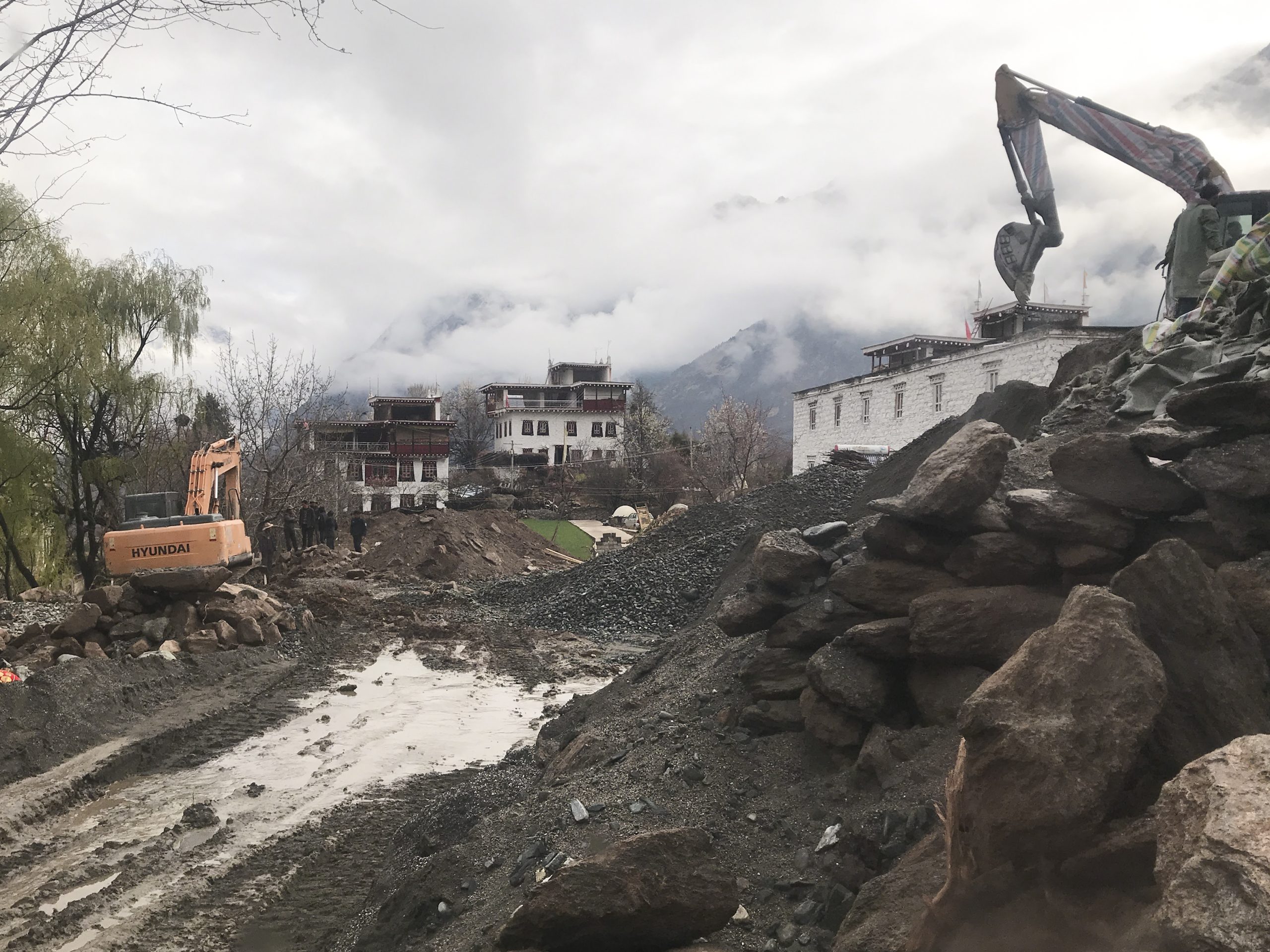“Let the Past Serve the Present” Rural Development and Soft Power in the Preservation of Chinese
Anna Paola Pola

Abstract
In 2000, two villages, Xidi and Hongcun, were declared World Heritage Sites. This designation was a pivotal moment, for it was the first time the cultural values of a Chinese village were recognised at such a level. Twenty years later, the country is eminent in the discourse on World Heritage and is experiencing a national rural revival on a grand scale. As a result, nationwide protection measures have been established, and rural heritage has been identified as an intertwined set of tangible and intangible, natural and cultural components. However, attention remains mainly focused on the promotion of tourism as a leverage for rapid development. This approach often leads to the transformation of traditional urban spaces into empty stage sets, the marginalisation of local communities, and the reinvention of cultural practices. Drawing upon 4 years of research and on-field assessment, this article presents a critical overview of the situation describing the policies, approaches and practices at stake.
Pola, AP. “Let the Past Serve the Present. Rural Development and Soft Power in the Preservation of Chinese Villages.” RAS Journal, no. 80 (2020): 123-148.

